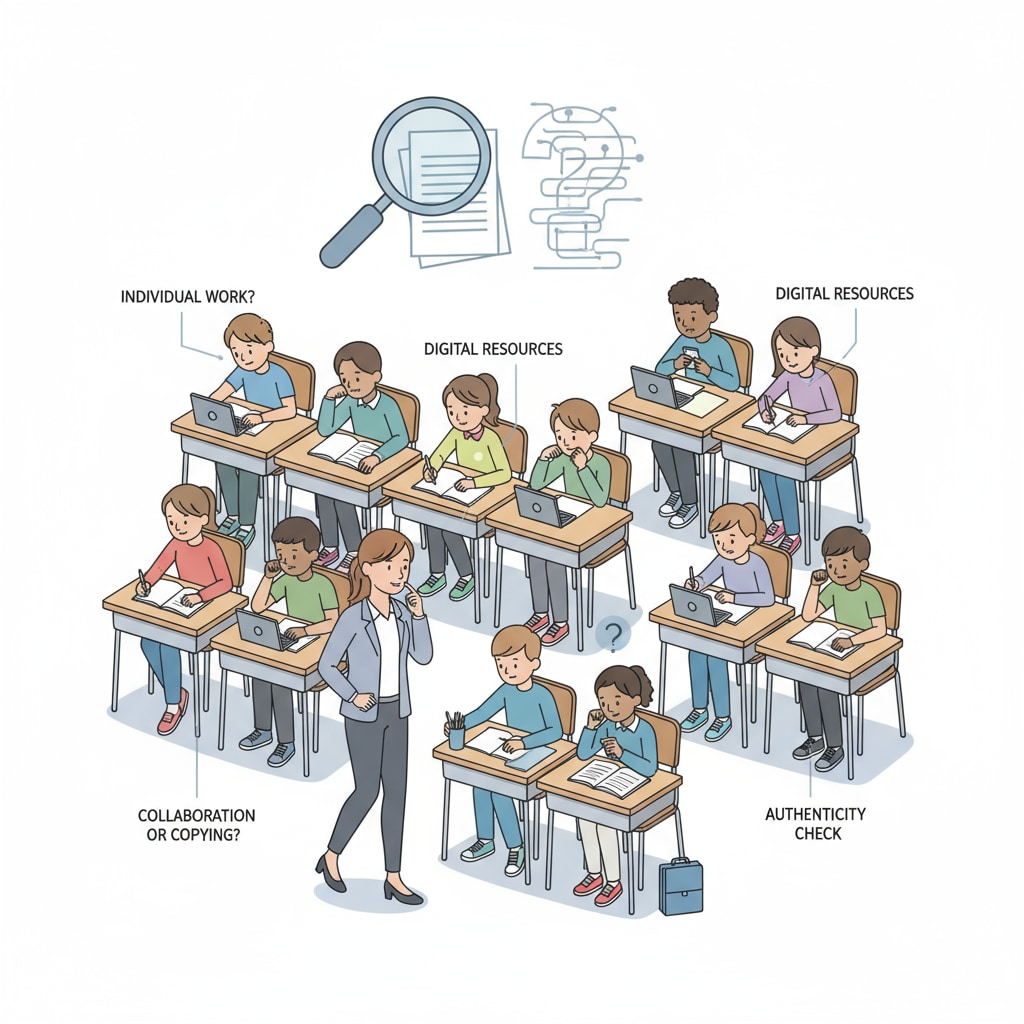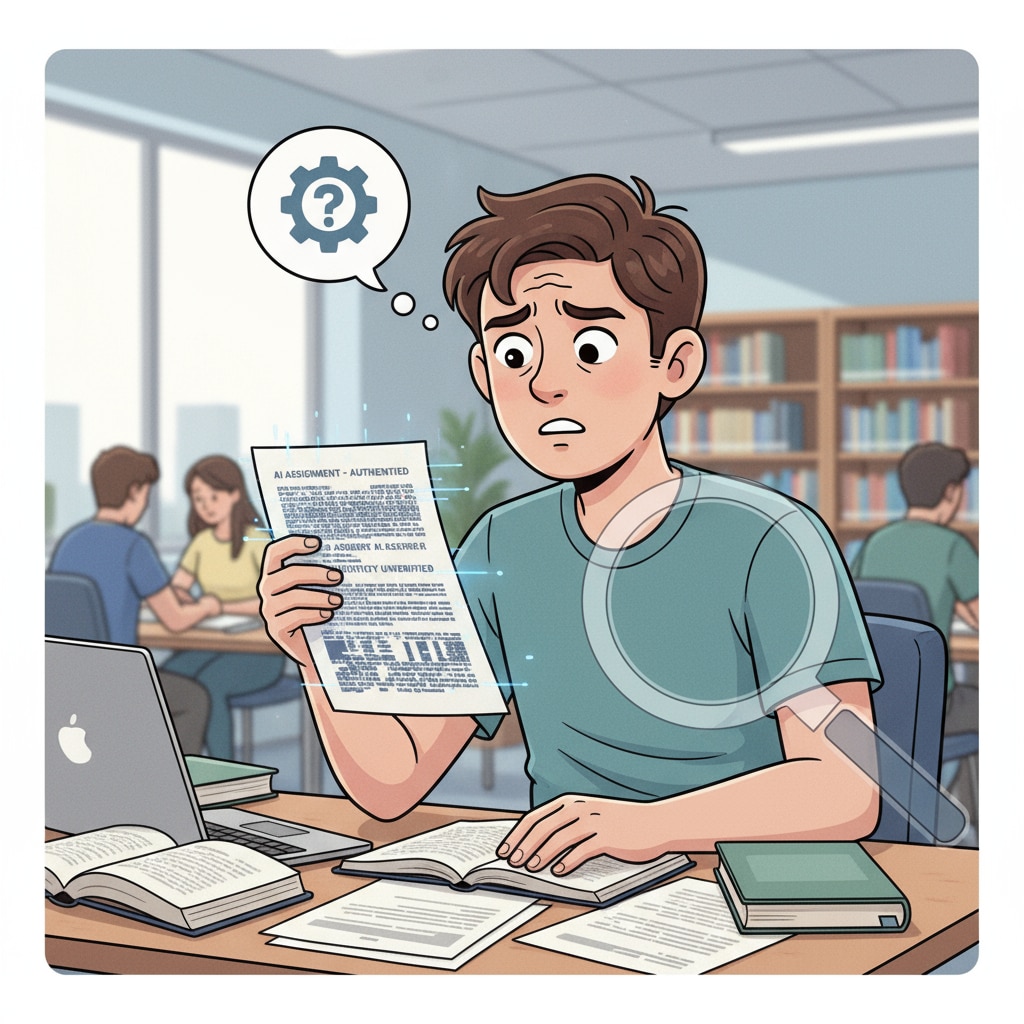In the modern educational landscape, student assignment authenticity, teaching evaluation, and parental cognitive differences have emerged as crucial issues, especially with the increasing prevalence of AI generation technology. The rise of AI has brought about a new set of challenges to the traditional educational assessment system.

As AI tools become more accessible, the line between student-generated work and AI-generated content is becoming increasingly blurred.
The Crisis of Student Assignment Authenticity
The authenticity of student assignments is now at stake. AI can generate essays, reports, and solutions to problems with remarkable speed and quality. Teachers are finding it difficult to determine whether the work submitted by students is truly their own. For example, a well-written essay that seems to exceed a student’s typical writing ability may be the result of AI assistance. This not only undermines the purpose of assignments, which is to measure a student’s learning and progress, but also devalues the educational achievements of honest students. Education technology on Wikipedia

Impact on Teaching Evaluation
Teaching evaluation is also significantly affected. Traditional methods of assessment, such as written assignments and exams, are no longer as reliable. Teachers rely on these assessments to gauge a student’s understanding of the material, identify areas for improvement, and adjust their teaching strategies accordingly. However, with the possibility of AI-generated content, the data collected from these assessments may be inaccurate. This can lead to misinformed teaching decisions, as teachers may overestimate or underestimate a student’s capabilities. Educational evaluation on Britannica
Moreover, the pressure on teachers to detect AI-generated work has increased. They need to spend more time and effort verifying the authenticity of assignments, which can be a daunting task, especially when dealing with a large number of students.
Parental Cognitive Differences
Parental cognitive differences play a significant role in this situation. Some parents may be unaware of the extent to which AI can be used in student assignments. They may view the use of AI as a helpful tool for their children’s learning, rather than a threat to the integrity of education. On the other hand, some parents may be overly concerned about the impact of AI on their children’s education and may put additional pressure on their children to avoid using it.
This lack of consensus among parents can create challenges for teachers. Teachers need to communicate effectively with parents to ensure they understand the importance of assignment authenticity and the implications of AI use. By bridging this cognitive gap, teachers can gain parental support in maintaining the integrity of the educational assessment system.
Readability guidance: The article uses short paragraphs to present clear ideas. Each section focuses on a key aspect of the challenges in education assessment. Lists could be used further to summarize points. Passive语态 is minimized, and transition words like ‘however’ and’moreover’ are used to connect ideas smoothly.


